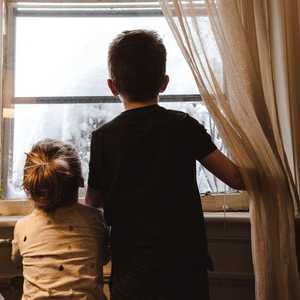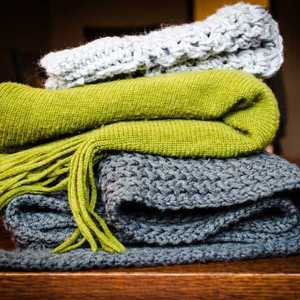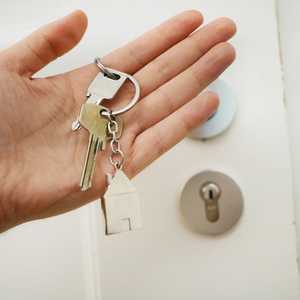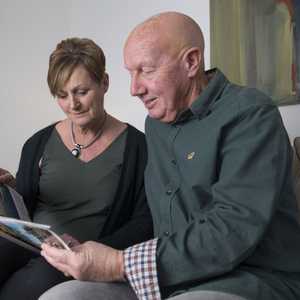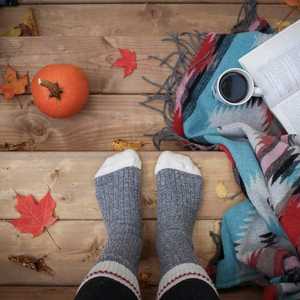Winter plumbing myths, and why they're simply not true
These five winter plumbing myths can end up costing you more in the long term than a simple repair of prevention techniques.
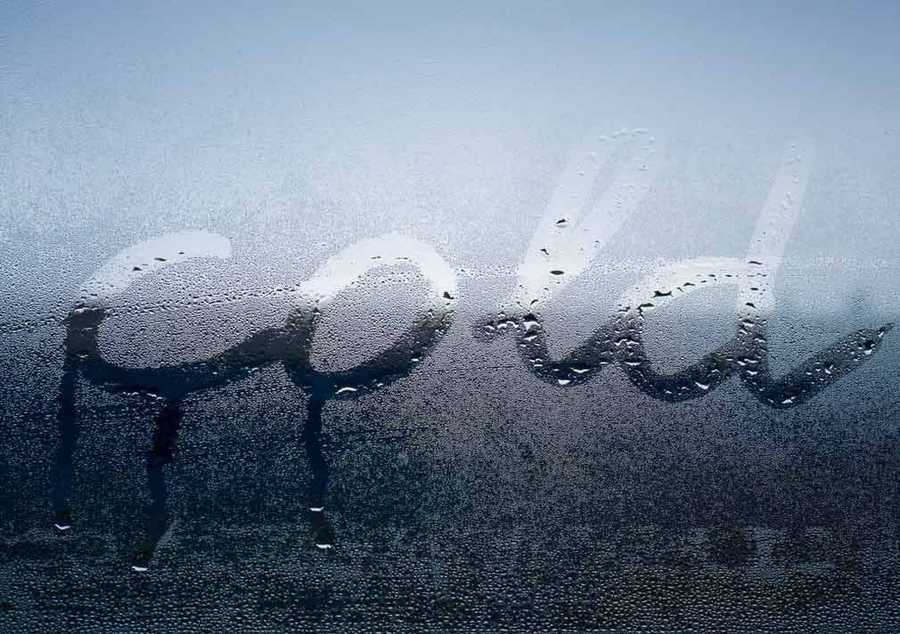
When Jack Frost knocks on your door, and you take out the fluffy rugs you know winter is officially here. Which also means it's time for increased bills, worrying over unexpected breakdowns, and trying to reduce your energy bills.
A quick browse through the Internet will probably make you feel overwhelmed with ideas on how to save up, and keep your bills down this winter, but a friendly warning from us: they don't always work. As experts in securing your peace of mind, we busted the most popular winter plumbing myths, that are sure to make more damage than good.
Here are the five most widely-spread winter plumbing myths, and why they're not true.
1. The material of the pipe matters - go for plastic
While some sources claim metal pipes are more likely to freeze, so you should invest in plastic, this is completely untrue. What is important is whether the pipe has stored water in it, how wide the pipe is, and, of course the temperature. It is water supply pipes, which are likely to freeze during a sudden cold, and this is because
they're only about an inch wide, and pressurised water is stored in them. Coincidentally these pipes are often made of cast iron, PVC, copper, steel or even concrete.
Drain pipes, on the other hand, are usually plastic, however they're at no risk of freezing, because only waste water passes through them, and it is never stored in the pipe.
2. Flame and fire can help with frozen pipes
If you're already unfortunate enough to have a frozen pipe, don't make the situation any worse by targeting it with an open flame. It is very dangerous, and could damage your pipe and even flood the house. Use our handy guide on protecting your pipes, and call a certified plumber, if you're worried about flooding.
3. It's a good thing to leave your tap dripping
While leaving the tap to drip can cause the water to circulate, and release some pressure, it's still not a good idea to have a constantly dripping tap. Fix this issue to avoid bigger plumbing problems, and increased water bills.
4. You need to turn your heating off when you go away
Turning off your heating might save you some money on your heating bills, but the damage it could cause is a lot more significant. Cold water in the pipes can freeze and cause a significant damage to your property. Instead, leave the heating on low and make sure your external pipes are properly insulated.
5. Plumbing is easy to do on your own
While some small jobs can indeed be completed with a simple fix, it is not advisable to attempt even them, if you're a DIY and plumbing novice. Sometimes what seems like an easy fix can be hiding a much bigger issue you'll either fail to address or unleash immediately causing even more damage. If you're not sure in your plumbing skills, always call a professional.
Related advice
There are plenty of actions you can take to help keep your home in check. Take a look here for the latest guides, advice and tips from our experts!
View our latest advice


